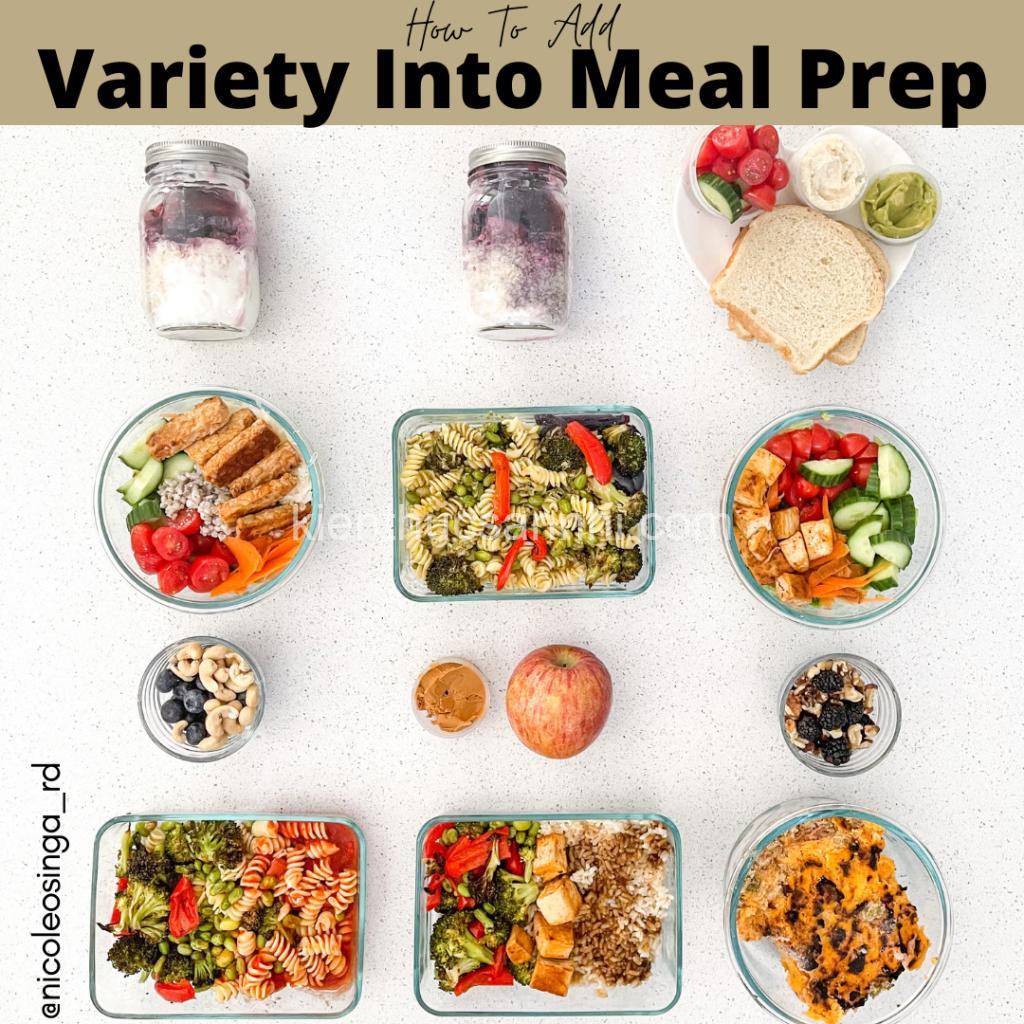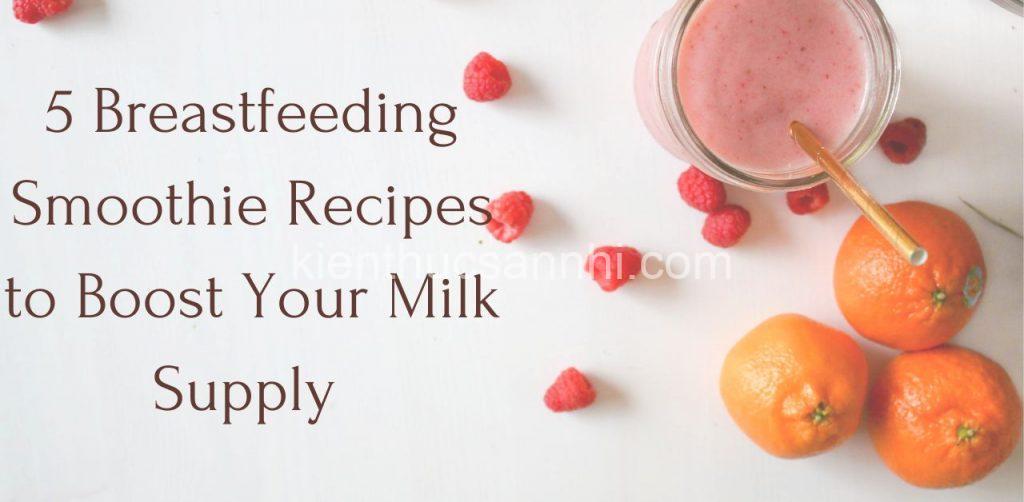
Foods for Postpartum Swelling: What to Eat & Why It Matters. In today’s article, kienthucsannhi.com will explore with you in the most detailed and complete way. See now!
Understanding Postpartum Swelling: What Causes It and Why It Matters
Postpartum swelling, also known as water retention, is a common occurrence after childbirth. It’s usually caused by a combination of factors related to pregnancy and the body’s natural recovery process. During pregnancy, your body experiences increased blood volume to support the growing baby. This can lead to fluid retention, which often continues for a few weeks after delivery. Additionally, hormonal changes contribute to the body’s ability to hold onto fluids, contributing to swelling.
While postpartum swelling is generally harmless and temporary, it can be uncomfortable and sometimes even concerning for new mothers. It’s important to understand the underlying causes and learn about ways to manage it.
Postpartum swelling often occurs in the legs, ankles, feet, and hands. In some cases, it might extend to the face. If you experience swelling that is severe or accompanied by other symptoms like pain, redness, or warmth, it’s crucial to contact your healthcare provider immediately. This could be a sign of a more serious condition, such as a blood clot.

Foods for Reducing Postpartum Swelling: A Dietary Approach
Your diet plays a crucial role in managing postpartum swelling. While there’s no magic food that instantly eliminates swelling, making smart dietary choices can help your body recover effectively. Here are some key areas to focus on:
Hydration is Key:
Staying properly hydrated is essential for overall well-being and especially crucial for managing postpartum swelling. Water helps flush out excess fluids and supports the body’s natural detoxification processes. Aim to drink at least eight glasses of water per day, or more if you’re feeling particularly thirsty.
Moderating Sodium Intake:
Sodium is a mineral that can contribute to fluid retention. While your body needs some sodium for proper function, excessive intake can worsen swelling. Limit processed foods, fast food, and salty snacks that tend to be high in sodium. Choose fresh, whole foods, prepare meals at home, and read food labels carefully to monitor your sodium intake.
Harnessing the Power of Diuretics:
Diuretics are substances that help your body eliminate excess fluids. Some foods naturally contain diuretic properties, making them helpful for reducing swelling. Here are a few examples:
- Watermelon: Rich in electrolytes and water content, watermelon acts as a natural diuretic.
- Bananas: A good source of potassium, which helps balance fluid levels.
- Asparagus: This vegetable has diuretic properties and is also rich in fiber.
- Celery: Known for its high water content and diuretic effects.
- Parsley: This herb is often used as a natural diuretic.
- Dandelion Greens: Although they may have a bitter taste, dandelion greens are known for their diuretic properties.
- Cranberry Juice: While not as strong as other diuretics, cranberry juice can also contribute to fluid balance.
- Ginger: Ginger has anti-inflammatory properties, which can help reduce swelling.
Potassium Powerhouse:
Potassium is an essential mineral that helps regulate fluid balance in the body. Eating potassium-rich foods can help counteract the effects of sodium and promote healthy fluid management. Here are some great sources of potassium:
- Sweet Potatoes: An excellent source of potassium and fiber.
- Bananas: A well-known source of potassium and easily incorporated into your diet.
- Avocado: Rich in potassium, healthy fats, and fiber.
- Spinach: Packed with potassium and other essential nutrients.
- Beets: Contain potassium and nitrates, which can improve blood flow.
- Coconut Water: A natural electrolyte beverage that provides potassium and other minerals.
Protein for Recovery:
Adequate protein intake is vital for postpartum recovery. Protein supports tissue repair, wound healing, and the production of essential hormones, all of which contribute to a smoother recovery. Include these protein-rich foods in your diet:
- Eggs: A complete protein source with essential nutrients.
- Lean Meats: Choose lean cuts of meat like chicken, fish, and turkey.
- Fish: A great source of protein and omega-3 fatty acids.
- Beans: A plant-based protein source with high fiber content.
- Tofu: A versatile plant-based protein that can be incorporated into various dishes.
Fiber’s Role in Digestion:
Fiber plays a key role in digestion and can indirectly impact fluid balance. Fiber helps regulate bowel movements and prevents constipation, which can contribute to bloating and fluid retention. Increase your fiber intake through these foods:
- Whole Grains: Choose whole-wheat bread, brown rice, and quinoa.
- Fruits: Include a variety of fruits in your diet, such as berries, apples, and oranges.
- Vegetables: Aim for a wide range of vegetables, including leafy greens, broccoli, and carrots.
Additional Helpful Foods:
- Pineapple: Contains bromelain, an enzyme that may aid in reducing inflammation and swelling.
- Papaya: Contains papain, an enzyme similar to bromelain that can also help with inflammation.
- Turmeric: Known for its anti-inflammatory properties, turmeric can help reduce swelling and promote healing.
Remember: Always consult with a healthcare professional before consuming large quantities of pineapple and papaya, especially if you have any medical conditions.
Practical Dietary Tips for Postpartum Swelling
Here are some practical tips to incorporate into your diet:
- Prioritize Whole Foods: Choose fresh, unprocessed foods over processed snacks and packaged meals.
- Skip Sugary Drinks: Avoid sugary beverages, which can dehydrate you and contribute to swelling.
- Listen to Your Body: Pay attention to how different foods make you feel.
- Load Up on Fruits and Vegetables: Make sure you’re getting plenty of fruits and vegetables in your diet.
- Hydrate, Hydrate, Hydrate: Don’t forget to drink plenty of water throughout the day.
When to Seek Professional Medical Advice
While dietary adjustments can help manage postpartum swelling, it’s important to understand that this article is not a substitute for professional medical advice. If you experience severe or persistent swelling, especially when accompanied by pain, redness, or warmth, consult your healthcare provider immediately. These symptoms could indicate a more serious condition that requires medical attention.
Supporting Postpartum Recovery: Beyond Diet
While diet plays a crucial role in postpartum recovery, it’s essential to adopt a holistic approach that includes other important factors.
- Rest and Sleep: Get plenty of rest and sleep during this time, as it allows your body to heal and recover.
- Gentle Exercise: Once your healthcare provider gives you the green light, gentle exercise can improve circulation, help with fluid management, and promote overall well-being.
- Support Network: Lean on your support system for help with caring for your baby and managing daily tasks.
- Mental Well-being: Take care of your mental health during this time.
Conclusion
Managing postpartum swelling is an important part of your recovery journey. By making smart dietary choices, staying hydrated, and following the advice of your healthcare provider, you can help your body heal and feel comfortable.
Remember, this article provides general information, and it’s always best to consult with a medical professional for personalized guidance.
For more information on animal care and related topics, visit my website kienthucsannhi.com. Don’t hesitate to share your experiences and ask any questions you may have in the comments section below.
FAQs about Postpartum Swelling
What is the typical timeframe for postpartum swelling?
Postpartum swelling typically lasts for a few weeks, but it can sometimes persist for longer in some individuals. If you are concerned about the duration of your swelling, it is essential to consult your healthcare provider.
Can exercise help reduce postpartum swelling?
Gentle exercise, once approved by your healthcare provider, can help improve circulation and reduce swelling. However, it is crucial to start slowly and gradually increase the intensity and duration of your workouts.
Are there any foods I should avoid during postpartum recovery?
While there are no specific foods to completely avoid, it is generally recommended to limit your intake of processed foods, sugary drinks, and salty snacks, as they can contribute to fluid retention and bloating.
What if postpartum swelling is accompanied by other symptoms?
If you experience severe or persistent swelling accompanied by other symptoms like pain, redness, warmth, or discomfort, consult your healthcare provider immediately. These symptoms could indicate a more serious condition.
Can I take any supplements to help with postpartum swelling?
It’s important to consult with your healthcare provider before taking any supplements during postpartum recovery. They can provide guidance on safe and effective options that are appropriate for your individual needs.





